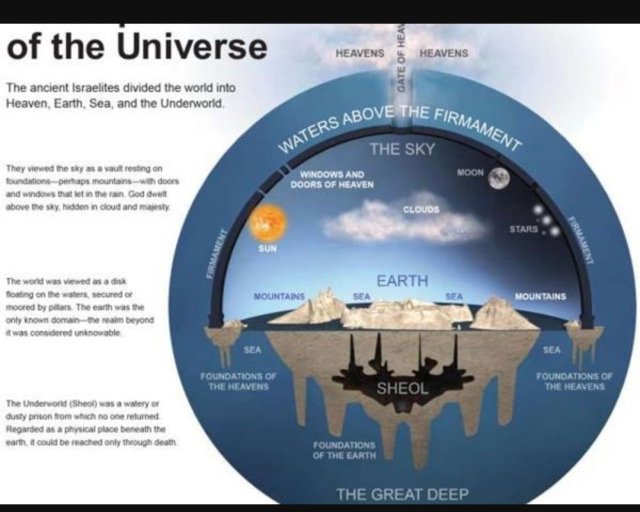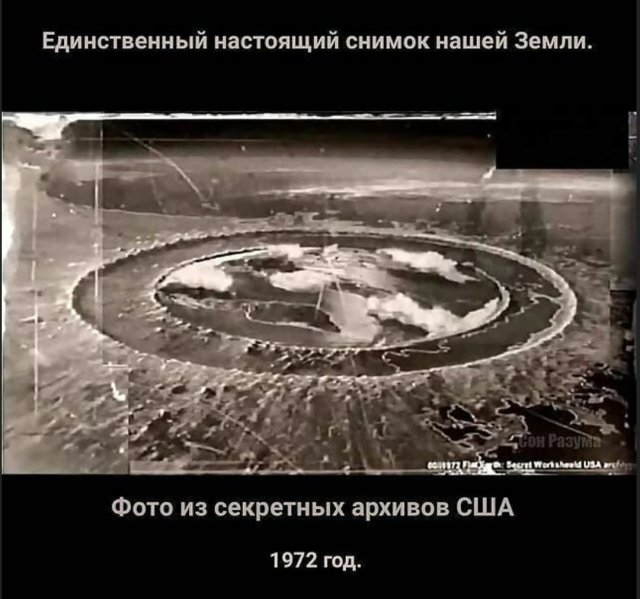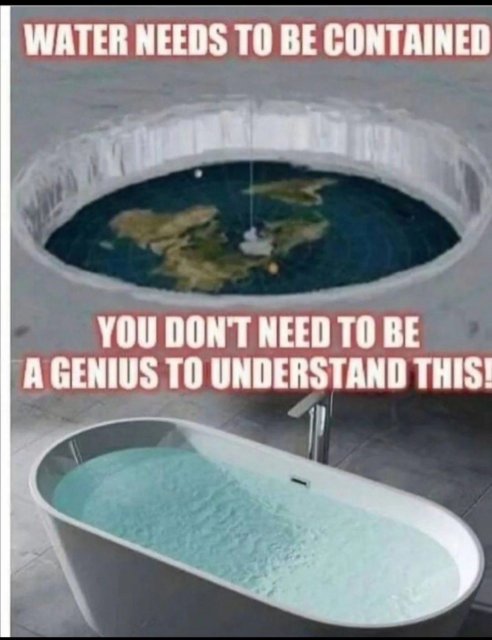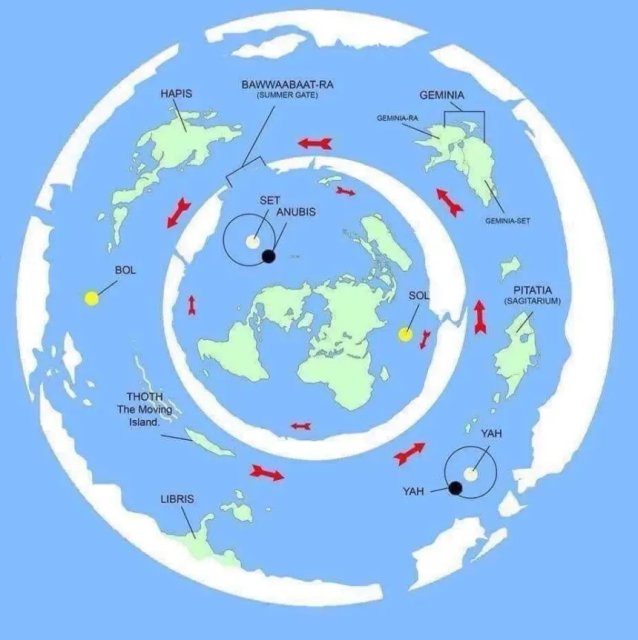Thread Starter
#61
https://sealevel.nasa.gov/understanding-sea-level/regional-sea-level/overview/
NASA and the NOAA do NOT fuck around. We can measure distance to Earth with a few milimeter accuracy.
We are technologically capable of measuring distortion of space-time 1/10,000 the diameter of a proton to locate black hole collisions. It's called LIGO. This is where we are at as a society.
Yes, the ground sinks for many reasons and many are outlined in the link above.
NASA and the NOAA do NOT fuck around. We can measure distance to Earth with a few milimeter accuracy.
We are technologically capable of measuring distortion of space-time 1/10,000 the diameter of a proton to locate black hole collisions. It's called LIGO. This is where we are at as a society.
Yes, the ground sinks for many reasons and many are outlined in the link above.





